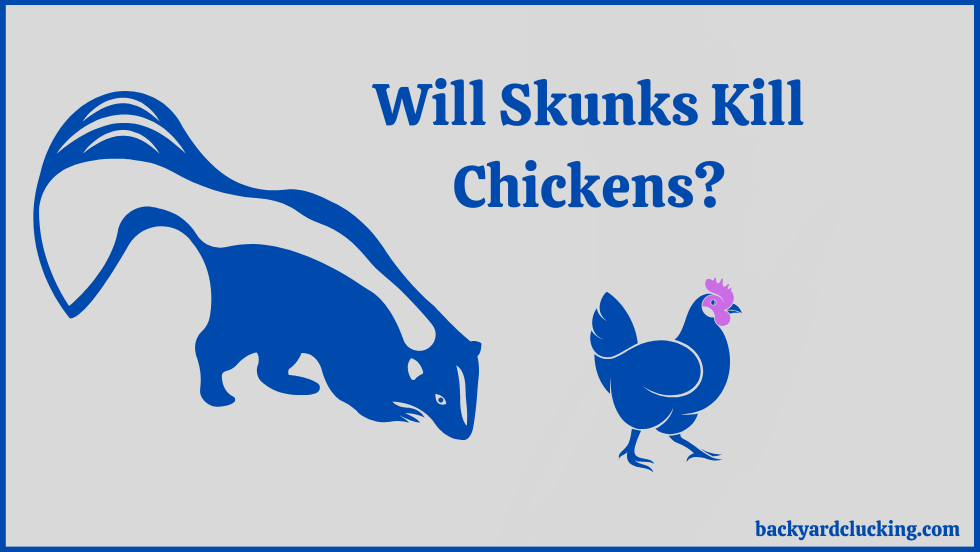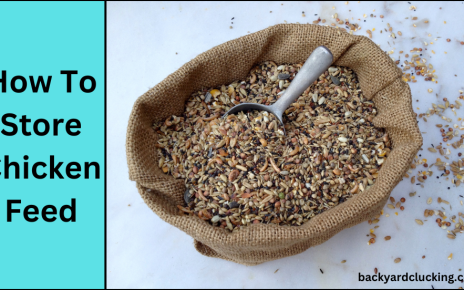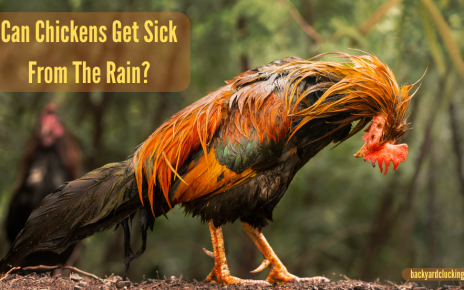Are you worried about keeping chickens safe from predators, but don’t know who or what might be a threat? One animal to watch out for is the skunk — they may seem harmless with their small bodies and cute little faces, but when it comes to protecting your feathered friends, these animals can cause some serious trouble.
In this blog post we will explore why skunks can be dangerous for chicken owners, and provide tips on how to keep them away. From recognizing signs of predation to preventative measures such as fencing and secure coop designs, learn all the facts so that you can rest easy knowing your birds are healthy, happy — and most importantly — safe.
Will skunks kill chickens?
Skunks are omnivorous mammals primarily found across North and South America. They belong to the family Mephitidae and are known for their black-and-white striped fur and strong, unpleasant odor that they release when threatened. Skunks have a diverse diet that includes insects, small mammals, fruits, and plants, but they are also opportunistic scavengers.
In certain regions or areas, skunks may pose a significant threat to the safety of chickens and their eggs, as they have been known to prey on poultry. Although skunks prefer easy meals like insects and food scraps, they will not hesitate to target chickens, especially when other food sources are scarce. The potential harm that skunks can cause to chickens includes:
- Attacking and killing chickens: These predators typically target young chicks, though they may also attack adult birds if they perceive an opportunity or if they are particularly hungry.
- Raiding nests: Skunks are also known to pilfer eggs from nests, which not only impacts the productivity of your flock but can also create a stressful environment for your birds.
To mitigate or avoid danger to your chickens, farmers can implement several measures or tactics:
- Fencing: Install a secure fence around your chicken coop and run to keep skunks and other predators out. Ensure your fence is buried at least 12 inches into the ground to prevent skunks from digging their way inside.
- Enclose the Coop: In addition to fencing, make sure your chicken coop is well-built with secure doors and windows, and no gaps or holes that would allow a skunk to squeeze through.
- Eliminate Food Sources: Keep your chicken feed in airtight containers and remove any open food sources in the area. Be diligent about cleaning up scraps and debris that may attract these scavengers.
- Lighting: Skunks are nocturnal animals, so installing motion-activated lights around your chicken coop can deter them from entering your property.
- Trapping: If skunks continue to pose a threat despite other protective measures, consider using live traps and relocating the animal to a more suitable habitat, following local regulations. Alternatively, consult with a professional wildlife removal specialist.
Conclusion
Skunks can be a potential predator for your chickens and their eggs should they encounter each other in your region or area. By taking appropriate precautions, such as securing your coop and eliminating food sources, you can protect your livestock from skunks and other predators more effectively.



